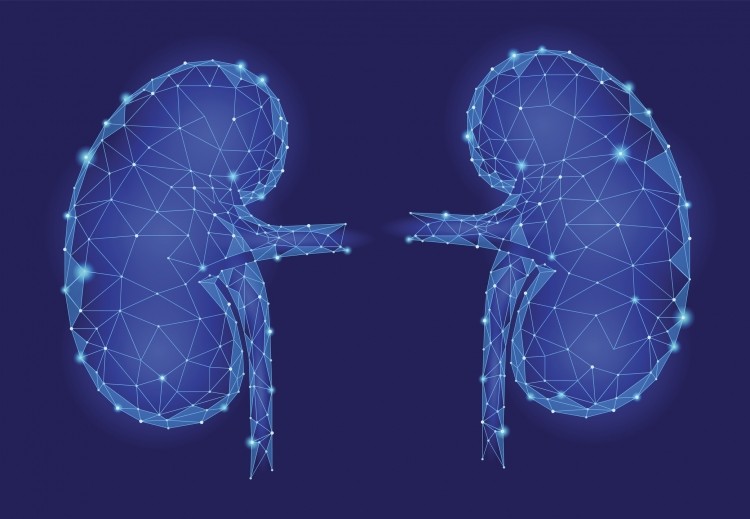Review calls for more work on probiotics for kidney disease

Therapeutic modulation is considered a viable tool to prevent and treat CKD-related complications but there is a “dearth” of controlled studies on early-stage CKD and no general consensus on dose and duration “leading to insignificant effects”, stated the reviewers from the General Hospital of Ningxia Medical University and The Chinese University of Hong Kong.
The review included 13 studies on patients treated with dialysis, including 10 in haemodialysis (HD) and three in peritoneal dialysis (PD), that demonstrated “controversial results” on decreasing plasma concentrations of uremic toxins, CKD symptoms, inflammation, and cardiovascular risk that need further enquiry.
“Overall, the probiotic administration may have potential benefit in improving symptoms and quality of life, reducing inflammation, and delaying the progression of kidney failure,” the authors wrote.
“Research studies using a larger sample size with longer follow-up durations and a greater focus on clinical outcomes—including survival—are warranted to elucidate the significant clinical impact of the use of probiotics in CKD patients.”
Kidney-gut axis
Gut microbiome plays a prominent role in kidney function and any imbalance in the kidney-gut axis can promote overgrowth of damaging proteolytic bacteria (actinobacteria, proteobacteria, and firmicutes) that accelerate atherosclerosis and systemic inflammation, increasing risk factors for cardiovascular disease, the authors explained.
Constipation is also symptomatic (signposted by an increase in plasma p-cresol proteins) in patients on PD and HD, which stimulates overgrowth in the stool and may contribute to dysbiosis.
“With the progression of renal dysfunction, the accumulation of uremic toxins may further amplify their deleterious effects,” they added.
Treatment with probiotics, prebiotics, and synbiotics can delay the deterioration of kidney function and improve the gut microenvironment. Lactobacillus (73%) and Bifidobacterium genera (65%) were the two most common probiotic strains used in the studies under review.
Probiotics were administered in mixed formulas (80%) in interventions of between four weeks to five years and in a variety of different doses, formats, and administration times.
Review summary
Positive results were reported from probiotic treatment in advanced CKD (stage 2-5) patients, including significant changes in gut microbiota composition and intestinal bacterial metabolism with Lactobacillales and Bifidobacteria intake.
Notable reductions in colon-derived uremic toxins and plasma p-cresol levels were observed in 30 patients on Probinul neutron for four weeks, for example, while other therapies reduced oxidative stress or improved lactobacillus casei Shirota (LcS) yields. Nevertheless, outcomes were often inconsistent.
The authors’ commented: “Many studies focused on the effect of probiotics and prebiotics in reducing uremic toxin with inconsistent results. Early studies have shown a distinct reduction in faecal p-cresol while plasma p-cresol was only slightly decreased in the haemodialysis population.”
Three trials on PD patients identified notable benefits from probiotics on inflammation, uremic toxins, and gastrointestinal symptoms, however, contrasting results were noted on the effect of probiotics on indoxyl sulphate (IS) levels in stage five HD patients, with some indicating decreases and negligible changes in others; similar mixed results were observed for p-cresyl sulphate (PCS).
Furthermore, the authors pointed out that both nutritional and lifestyle benefits of probiotics for PD patients and causal effects on reducing CVD mortality in HD patients were under-reported.
Source: Nutrients
Published online September 29, 2022: http://doi.org/10.3390/nu14194044
‘The Potential Benefits and Controversies of Probiotics Use in Patients at Different Stages of Chronic Kidney Disease’
Authors: Na Tian, et al.




